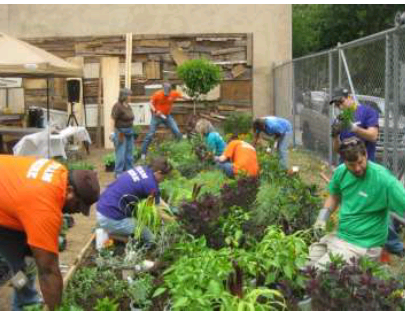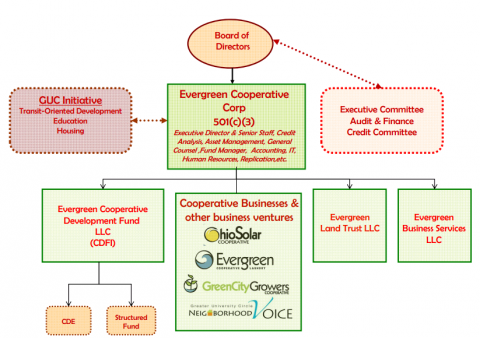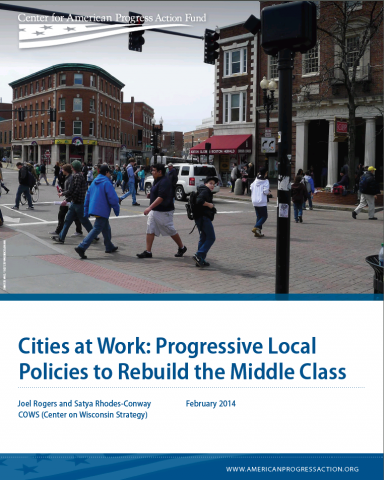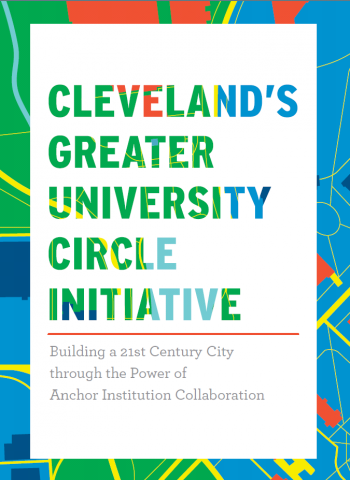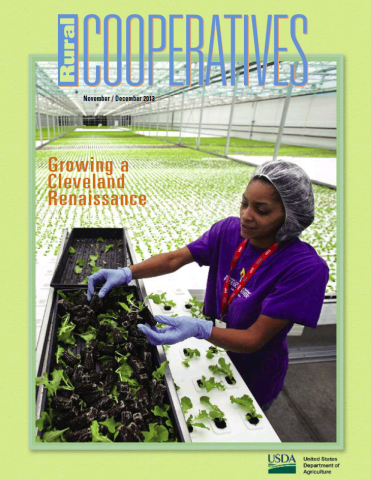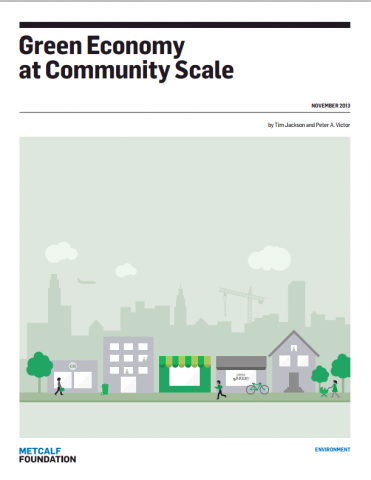This report from PUSH Buffalo and The Partnership for the Public Good identifies sources of funding and advocacy strategies to advance green infrastructure social enterprises. Intended for community-based organizations, policy makers, and funders interested in the intersection of sustainability, neighborhood redevelopment, and job creation, the guide offers ten case studies of green infrastructure social enterprises, including an in depth overview of PUSH Blue’s stormwater management projects.
